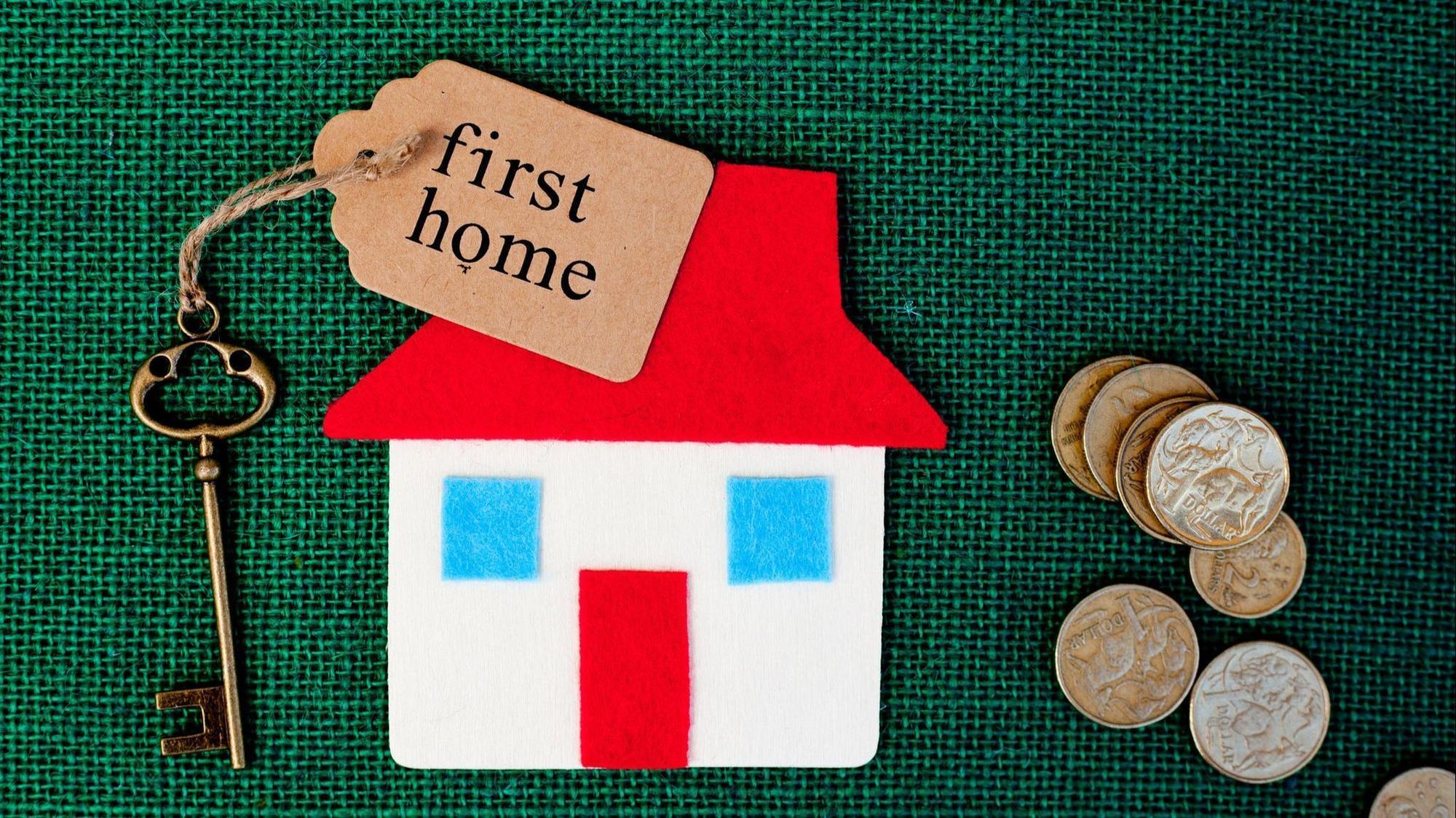With how hard it is to get your first foot on the property ladder, it makes sense that many buyers are looking to buy their first home with the idea that they will turn it into an investment property in the future. But, is this the right mindset for a property investor? And what are the pros and cons of working with this strategy?
Pro’s
There are many advantages to this strategy. The biggest advantage to this strategy is that the property may be cheaper for you! This is because you may be able to access some of the first home owners’ grants, or government incentives that are available for homeowners that you would otherwise not be able to access if the property was purchased initially as an investment property.
Another benefit is that the property you are buying will be bought with a home owner’s mindset — so you will be looking at properties that are in a nice street and suburb, with a functional layout — which is the same thing that any tenant would also be looking for — so you know that your property will be desirable for tenants.
Also, you’ll be familiar with the area and its amenities, so when it comes time to sell, the property you buy will likely be in a great place for any buyer.
If you decide to sell the property within 6 years of vacating it, then you will get access to a capital gains tax exemption.

Con’s
Your decision will be swayed by the fact that you need to live in the property, so it may not be the best investment decision or the best investment strategy for you.
The property may be suitable for your family, but that doesn’t mean it’s the best type of property for the demographics of the area, so you need to ensure you have your investor hat on when searching for property. An example of this is if you purchase a family home in an area that is close to a university, where the typical tenants will be students looking for cheap share accommodation or one-bed units. Or vice versa – buying a one-bedroom flat to live in but in an area that is dominated by families looking for houses to rent.
Another disadvantage is that you may become emotionally invested and pay too much for the property since you are living in it first, over-capitalising and potentially making the property negatively geared. If you are looking for a home, paying a little more for a property that you are happy to live in is justifiable, but it might bite you as an investment if the cash flow is too low.
Another disadvantage is that since the property is being purchased as a home first, you will likely not have time on your side, so be cautious not to rush into any rash decisions.

What you need to consider
- Rental Returns: If you will need the property to “pay for itself” once it turns into an investment property, then you will need to identify what your rental returns would likely be in order to establish if the rent you collect will cover the costs.
- Equity: It is important to consider whether or not the property is likely to improve in value over time so that you will make a gain when it is time to sell. If the property is unlikely to gain much value over time, then it may not be a good investment property.
- Borrowing capacity: If you use your first home as an investment property and you plan to buy another property to live in, then what would be your potential serviceability? The more useable equity in your first home will assist in your borrowing capacity for your next property. If you are unable to borrow more than your first property, would you be happy to downsize when you rent your home?
- Capital gains tax when you sell: When selling an investment property, you will get access to a capital gains tax exemption if you previously lived in the property and sell it within 6 years after you vacate the property. You will need to consider your exit strategy for the property.
In conclusion, it might be a wise decision to purchase your first property as a home that will later become an investment property, but buyer beware! You need to use a data-driven approach when purchasing and ensure that your decisions are based on the facts and data, not the emotion involved in the purchase. Otherwise, you risk overcapitalising and your future investment returns.
There is more information on what makes an investment grade property in my book “Positively geared,” and you’ll learn how to grow your portfolio.
To get in touch with one of our team- contact us here.
If you are looking for a buyer’s agent to assist you with purchasing a home or investment property in the Sydney, Brisbane and Newcastle regions, as well as SA, TAS, ACT, VIC, NSW & QLD please get in touch with Lloyd Edge and his team at Aus Property Professionals here or give us a call on 1800 146 837!

